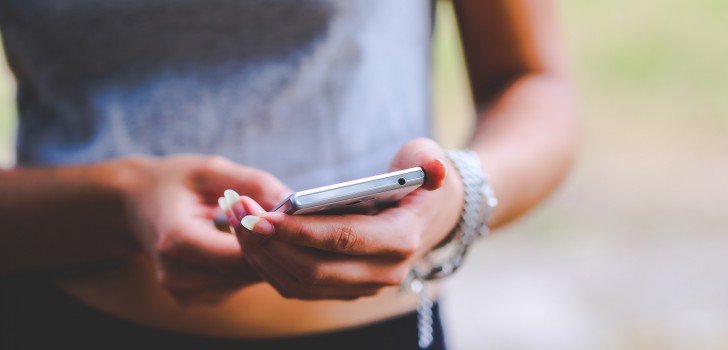Depression sufferers in England may have another reason not to get out of bed tomorrow, after a new report shows that depression treatment apps endorsed by the National Health Service (NHS) have not actually been proven to work. The report was published in Evidence Based Mental Health and covered all fourteen of the NHS-endorsed depression apps.
These apps can offer symptom monitoring features, educational information and coping strategies to consumers. The concept itself is very attractive from a patient’s perspective because depression sufferers often deal with a lack of motivation. Having 24/7 access to a depression app, versus the limited access to a medical professional, could make the difference between failing to make the trip to a doctor’s office and receiving no treatment, or opening an app and taking one step towards fighting the illness.
The paper’s author, Simon Leigh, commented on the questionable quality of many of the NHS apps, “I think it was rather dangerous of the NHS to endorse them without having the information.” Only two of the fourteen apps available had undergone any clinical validation procedures. This lack of verification has also been observed in treatment apps for other diseases including bipolar disorder and post-traumatic stress disorder (PTSD).
Northwestern University clinical psychologist Stephen Schueller reinforced the need for more rigor in the testing of these apps, “The last time I looked at the literature, there were five or six randomized controlled trials of an app for depression, and none of those apps were available on a public app store, and none ran on an iPhone or Android operating system. So anything that I would want to touch as a consumer has not been validated in a randomized controlled trial”
Research has repeatedly shown that SSRI medication is actually no better than placebo for cases of mild to moderate depression and can sometimes worsen a patient’s condition. Given that, it would be wise to refrain from tossing out the potential value of app-based treatments, particularly when they do not require altering the patient’s brain chemistry through medication.
According to a report published this September, there are currently over 165,000 mobile health apps available to consumers, a 100% increase from two years ago. Reports like those from Mr. Leigh should serve as a call to increase the rigor with which these apps are officially verified.
Stay Connected